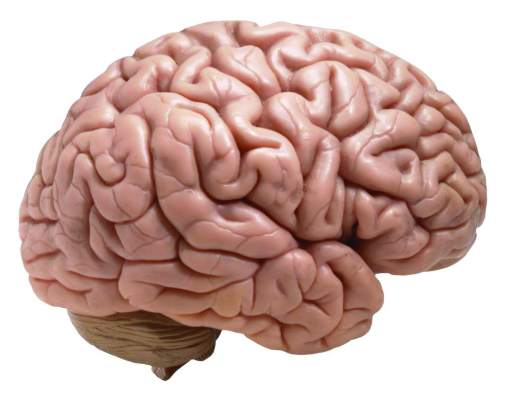A diagnosis of dementia, which includes Alzheimer’s disease and other memory loss and/or cognitive reasoning disorders, is potentially devastating for both the patient and their family. Following a dementia diagnosis, it is important to execute these four essential planning documents to avoid further hardship in the form of costly court battles.
(1) Durable Power of Attorney – A durable power of attorney allows the diagnosed person (the “principal”) to appoint another person (the “power of attorney”) to act on the principal’s behalf if and when the principal becomes incapacitated. A power of attorney can have a wide range of authority and discretion, from paying bills to selling real estate, pursuant to the principal’s authorization and directive. If a sufferer of dementia fails to designate a durable power of attorney, and becomes too incapacitated to handle their affairs, their family will need to petition the court to appoint a legal guardian. This process can cause delays and expenses – further complicating the person’s financial affairs – until the guardianship is finalized.
(2) Health Care Proxy – A health care proxy (also known as a healthcare agent or healthcare power of attorney) is similar to a durable power of attorney in that it gives another person authority to make decisions on behalf of the principal. However, these decisions are related to general healthcare considerations rather than finances and go beyond the end-of-life decisions dictated by a living will, discussed below. The healthcare power of attorney becomes effective only while the person is unable to make their own decisions. It applies to a wide range of such decisions including admission to a hospital or nursing home, providing medical information to health care professionals, and consenting to x-rays or anesthesia.
(3) Living Will or Medical Directives – A living will is a written instruction regarding a person’s desire for future medical treatment when they are unable to communicate their consent. It is generally reserved for end-of-life medical care and provides guidance to family members and healthcare professionals regarding a person’s wishes once they are incapacitated. These documents can cover a wide range of treatment from palliative care, such as pain management, to extraordinary measures, such as do-not-resuscitate orders. Having a living will in place will alleviate uncertainty for family members, while also avoiding potentially costly disagreements.
(4) Will and Estate Planning Documents – If the person diagnosed with dementia has a will and other estate planning documents, they should ensure it is up-to-date and accurately reflects their wishes. If they do not have a will and other estate planning documents, it is important to create one immediately following a dementia diagnosis. Two common estate planning documents are a last will and testament and a trust agreement. A will is a written document that indicates a person’s wishes regarding distribution of his or her property, while a trust is an arrangement that provides for beneficiaries outside of probate, or court procedures, saving time and fees. It is imperative to execute these documents while mentally competent in order to avoid court challenges in the future.
As we covered in a previous post, there are varying degrees of mental incapacity. A person with dementia may have days or even weeks of lucidity, in which they understand the consequences of their actions, those affected, and are generally competent to execute legal documents. Alzheimer’s disease and most other forms of dementia are degenerative conditions[1] that affect people differently, meaning they will get worse with time but the speed with which they do so varies.[2] As such, it is imperative to act quickly after a diagnosis to ensure the affected person’s legal affairs are in order.
An experienced estate planning attorney can help individuals diagnosed with dementia and their families create these necessary documents before the disease renders them unable to do so due to diminished mental capacity. In addition, it may be wise to opt for living probate with the help of an estate litigation attorney, especially if there is reason to believe the will may be challenged after the affected person has died. Please visit us at www.lindleylawoffice.com for more information.
[1] Dementia, Animated Dissection of Anatomy for Medicine, Inc. (updated Aug. 13, 2015), https://www.nlm.nih.gov/medlineplus/ency/article/000739.htm.
[2] Stages of Alzheimer’s, Alzheimer’s Association, http://www.alz.org/alzheimers_disease_stages_of_alzheimers.asp.




